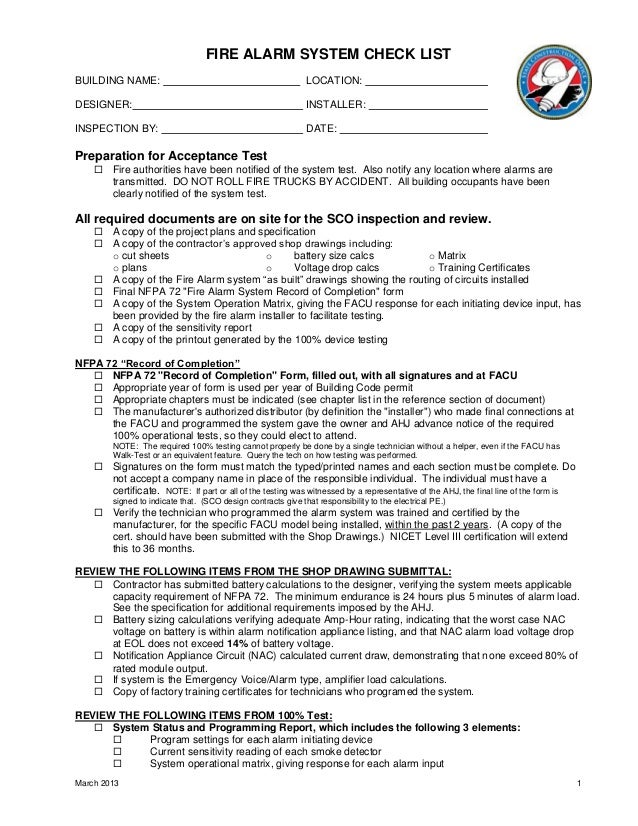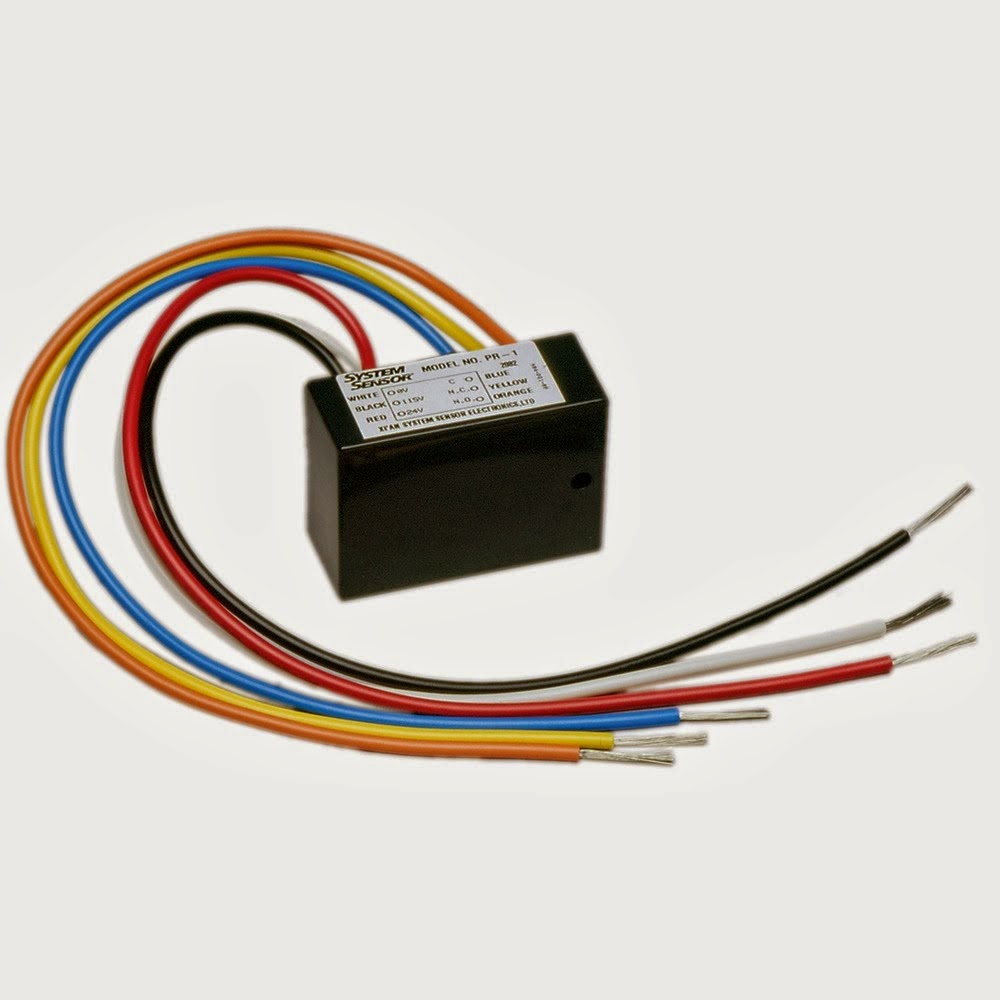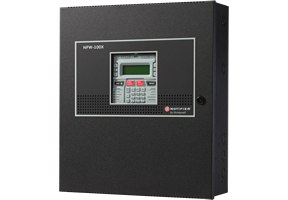Fire Alarm Load Test Calculation

The voltage at the actual nac output terminal is always less than 20 4 10 2 volts at cut off.
Fire alarm load test calculation. That s why we have created this handy tool to help you find out which battery size is correct for the fire alarm you are fitting the calculations used are correct and up to date to comply with british standards bs5839. Take the total standby current and multiply by 24 hours for standby take the total alarm current and multiply by 083 for 5 minutes or 249 for 15 minutes of alarm add the total of standby current x 24 to alarm current x 083 or 249 multiply the total of above by a safety factor of 1 2. The total required capacity is determined by summing the capacity required to serve the quiescent load and the capacity required to serve the alarm load. The variance can be as much as 5 vdc to 2 5 vdc.
This amount of drop varies with every panel. Fill in the system alarm current in the current per device column on the current draw worksheet. We understand that when you are servicing or fault finding on a fire alarm panel on site calculating accurate load test results can be a pain. In case of fire incidences the amount of releasable energy is directly related to the mass of combustible materials.
Vh it rh 0 165 120 19 8 20 vdc in this problem we were told that the appliances are rated to produce 78 dba at 3 meters as long as the voltage is no less than 22 nor more than 29 vdc. C min i1 x t1 i2 x 1 25 definitions and example of the above i1 standby current from the fire alarm panel 0 05 amps t1 standby time assume category l1 24 hours i2 full alarm current from panel 0 3 amps. Standby battery calculation the following formula can be used to calculate the appropriate standby battery size. The meter will indicate the alarm current which will be in the range of 120 400 ma.
You can estimate without measuring the alarm current by filling in the maximum total alarm current of 400 ma. The fire intensity and duration depend on this fire load and on the heat release rate. Load test the battery based on the manufacturer s specifications for a discharge rate of 3 hours or more by applying the current indicated for the selected hourly discharge rate continuously until the terminal voltage decreases to the end voltage specified by the manufacturer. As a minimum the code requires that the batteries be sized to supply the actual design quiescent load and alarm loads for the specified durations.
E total e normal e alarm. E t i n t n i a t a. Where i is electrical current in amperes t is the time in hours and e is energy in units of amp hours. Sample fire alarm system calculations doc page 6 05 october 2000 rpsa fire protection engineers the voltage at the load is then.
Put the panel in alarm.








































